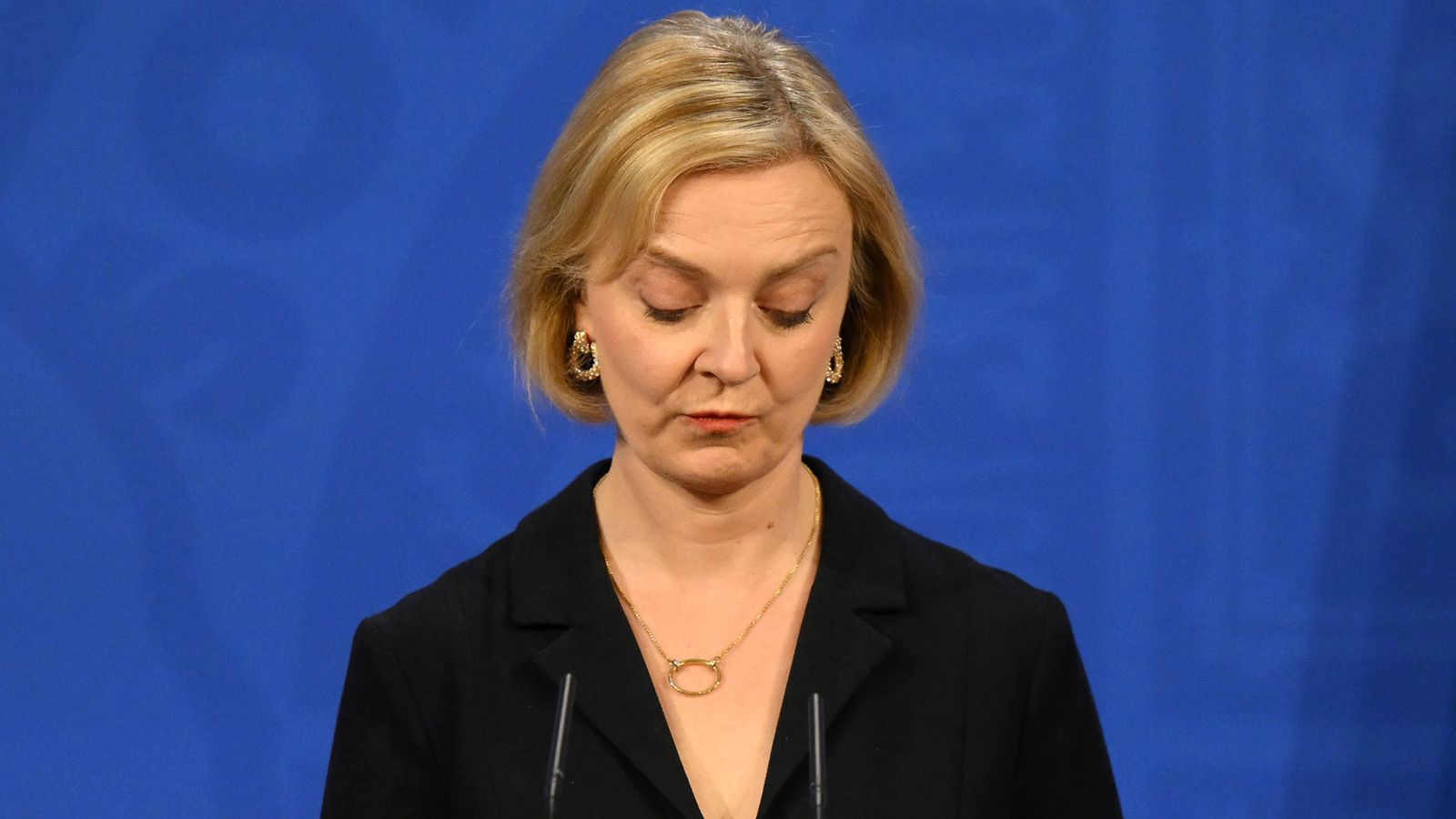Graffiti that’s appeared in a town in Northern Ireland targeting actor James Nesbitt is being treated as a hate crime.
The message threatening the Cold Feet star was on a wall in Portrush, County Antrim – a predominantly unionist town in the county.
The Northern Irish actor, who has spoken publicly about being raised a Protestant, recently spoke at an event in Dublin organised by a campaign group advocating for a united Ireland.
The graffiti referenced the King and Crown and also included a hostile reference to the Pope.
A spokesman for the Police Service of Northern Ireland said: “Police in Coleraine received a report of graffiti on a wall in the Bushmills Road area of Portrush on Wednesday 19th October.
“The graffiti is believed to have been written on the wall some time between 5pm on Tuesday and 7.30pm on Wednesday evening and is being treated as a hate crime.”
Police are asking anyone with information to come forward.
Ukraine war: ‘Truly brave and courageous’ Irishman Rory Mason killed fighting in Kharkiv
Young people in Ireland face ‘terrifying’ rent crisis due to chronic housing shortage
Investigation under way after 2,250 fish found dead in river in Ireland
Local politicians from various parties have condemned the graffiti.
East Londonderry MP Gregory Campbell said Nesbitt should be free to express his views.
The Democratic Unionist Party representative said: “Jimmy Nesbitt is a local lad who has invested in his own community. Those painting threatening graffiti such as this should stop. Their actions are wrong and to be condemned.
“I fundamentally disagree with Mr Nesbitt’s position on Northern Ireland’s future but he has every right to express his political views in whatever forum he wishes. He should be able to do so free from fear.
“That’s a democracy and it’s why I have opposed Sinn Fein all my life as they believed you could justify violence at the same time as doing politics.
“We must be consistent in always opposing violence as well as any threat of violence and attempted intimidation.”
Sinn Fein’s Caoimhe Archibald said the graffiti represented an attack on freedom of expression: “The appearance of threatening and sectarian graffiti directed at James Nesbitt in Portrush is disgusting.
“These threats are an attack on the right to freedom of expression. They come only weeks after James Nesbitt addressed thousands of people in Dublin from right across the political spectrum to discuss the future of the island of Ireland.
“This is clearly a sinister effort to silence debate and intimidate people from joining the discussion. There is no place in society for the threats and hatred directed at James Nesbitt.”
Click to subscribe to Backstage wherever you get your podcasts
Earlier this month, the Irish News reported Nesbitt as saying at the Ireland’s Future event that his Protestant friends “would really consider now what the notion of a new union of Ireland might look like – and I think there’s a lot of people that think that”.
He added: “I am certainly very keen on embracing anything in which the relationship between the people in the north is improved, and between north and south and between these islands, and it strikes me that I think a lot more people are coming round to the idea of just even considering themselves Irish.”
Nesbitt has had a long association with Troubles victims’ organisation, the WAVE Trauma Centre.
A spokesman for the centre said: “As a patron of the WAVE Trauma Centre for over 20 years, Jimmy Nesbitt has been a true friend to victims and survivors right across Northern Ireland.
“That speaks to his commitment to support those who have suffered so much during our violent past but yet are too often ignored.”
Having grown up outside of Ballymena, another predominantly unionist town in County Antrim, Nesbitt spent seven years acting in theatre before winning his breakthrough TV role of Adam in Cold Feet.
He has gone on to star in numerous TV series including The Missing and Lucky Man and films including The Lord Of The Rings franchise.
In 2002, he played Ivan Cooper in the television film Bloody Sunday, about the 1972 shootings in Derry.












